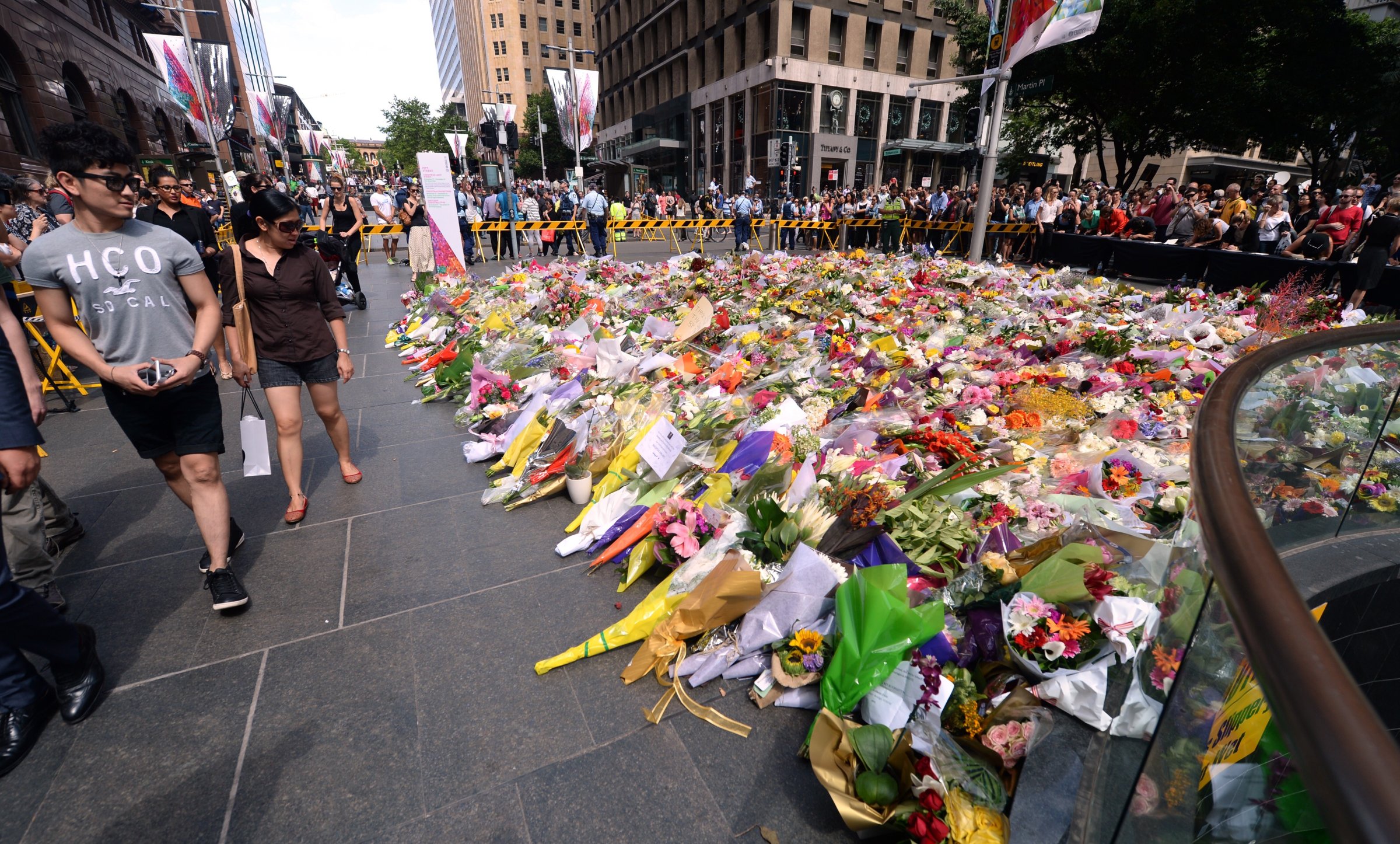
If the location of the Sydney siege — images of which flashed around the world for 16 hours before two hostages and a gunman were killed — appeared familiar, it’s because Martin Place is a popular international film set. Superman Returns and the Matrix trilogy were filmed in the pedestrianized, central Sydney precinct, lined with colonial-era buildings that are the headquarters of Australia’s largest financial institutions, law firms and broadcasters as well as high-end retailers like Brooks Brothers and the Lindt Chocolat Café, where the tragedy took place.
What is absolutely alien, on the other hand, is that nature of a man like the 50-year-old Iranian-born perpetrator, Man Haron Monis. There is no point in trying to place him, as some have attempted, in an overarching discourse of Islamist terrorism and history, because he was plainly not a terrorist but a mentally disturbed individual and serial sex offender. Neither is it helpful to describe this tragedy — as media mogul Rupert Murdoch did — as a “wake-up call” for the nation, because, from the Port Arthur massacre to the Bali bombings, Australia has had plenty of those already.
To be sure, Monis lost a final appeal in the High Court to overturn a conviction he had received for sending hate mail to the widows of Australian troops killed in Afghanistan. So much, so jihadist. But he was also a pervert (facing 40 charges of sexual assault) and accused of being an accessory to the murder of his ex-wife. That makes him more criminal than terrorist. As everyone now knows, he couldn’t even get his props right: the black flag he forced his hostages to hold in the window of the café was not the emblem of the Islamic State of Iraq and Greater Syria (ISIS) but a plain and simple shahada — a common Muslim inscription that says “There is no god but Allah and Muhammad is the messenger of Allah.” Unable to furnish his own, Monis had to demand an ISIS flag from the authorities in exchange for a hostage. He never got it.
It’s true that Australia has been expecting a terrorist attack. Security assets have been high alert since September when ISIS called for members to seek retribution against Australia and other members of the coalition it is fighting in the Middle East. Clive Williams, professor at Macquarie University’s Department of Policing, Intelligence and Counter Terrorism, also concedes that Monis’ deranged last stand “had some of the characteristics of a terror attack — it was religiously motivated, designed to terrorize and directed towards noncombatants.” But, he stresses, “the thing that was lacking was strategy. It was an irrational act of violence and it is not clear what he hoped to achieve.”
He adds: “It seems more of a reaction to the problems he was experiencing in the criminal justice system. The one thing that will probably come out of this that we need to look at how we manage people with mental-health issues.”
Chaotic Scenes as Sydney Hostage Crisis Unfolds
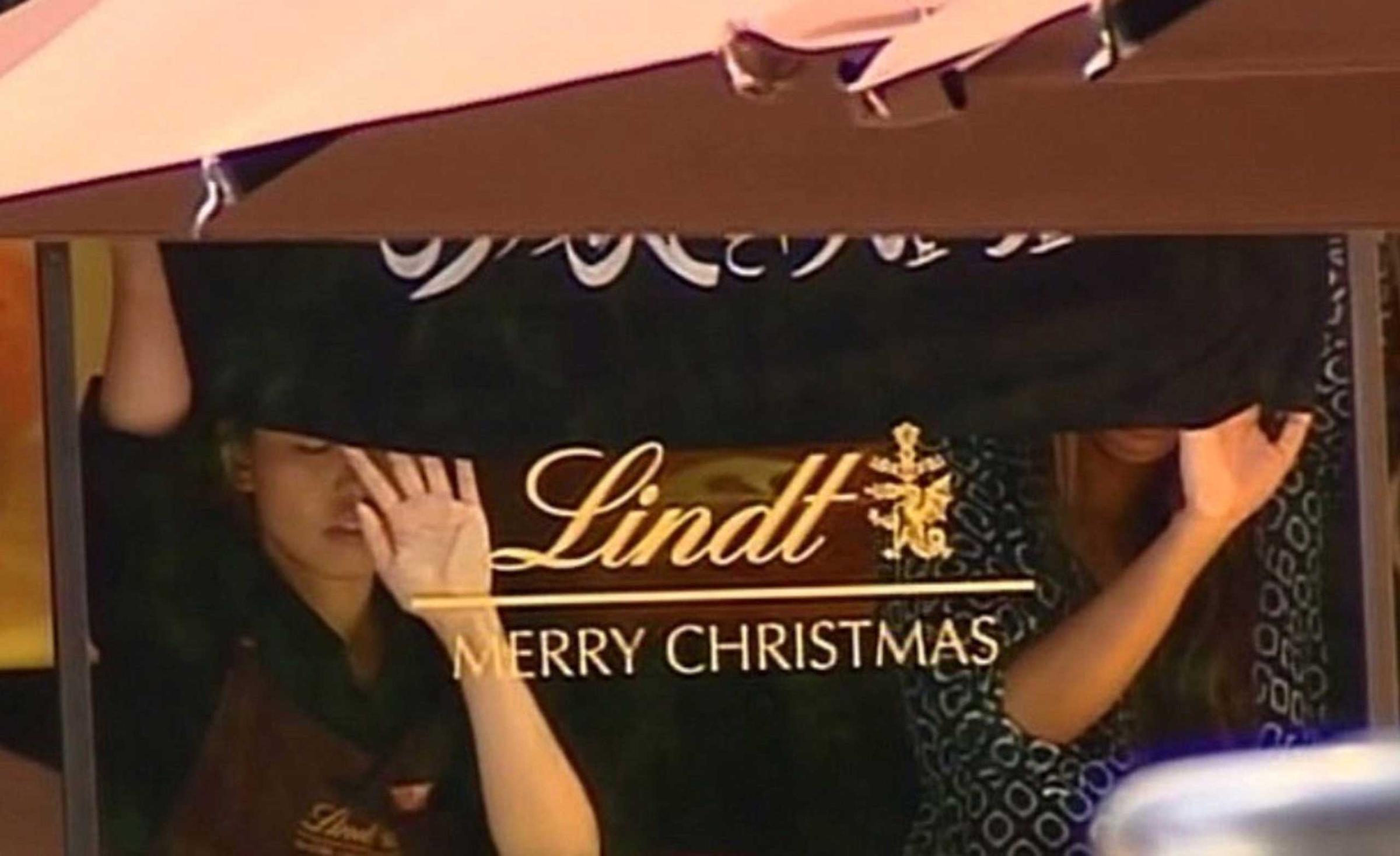
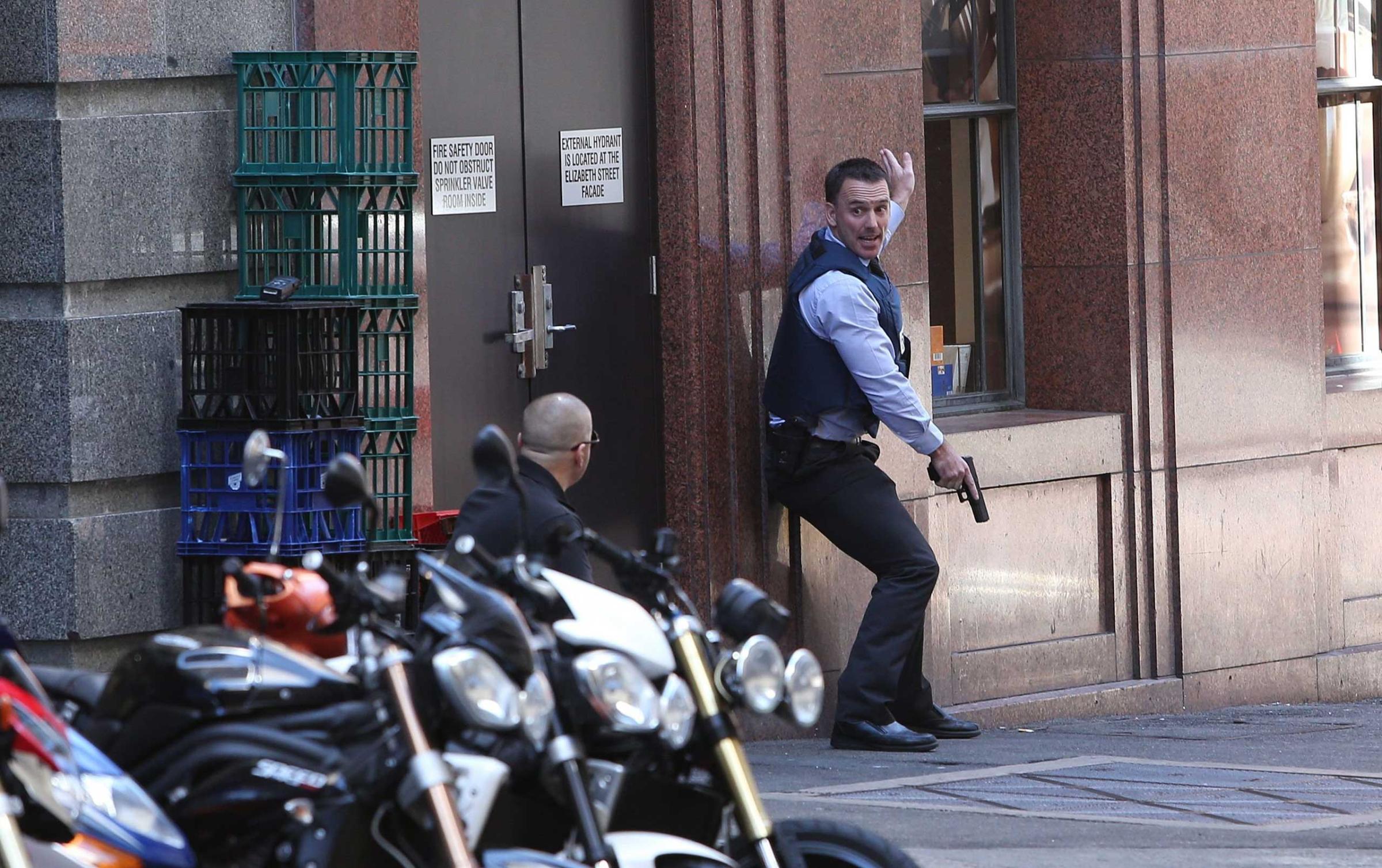
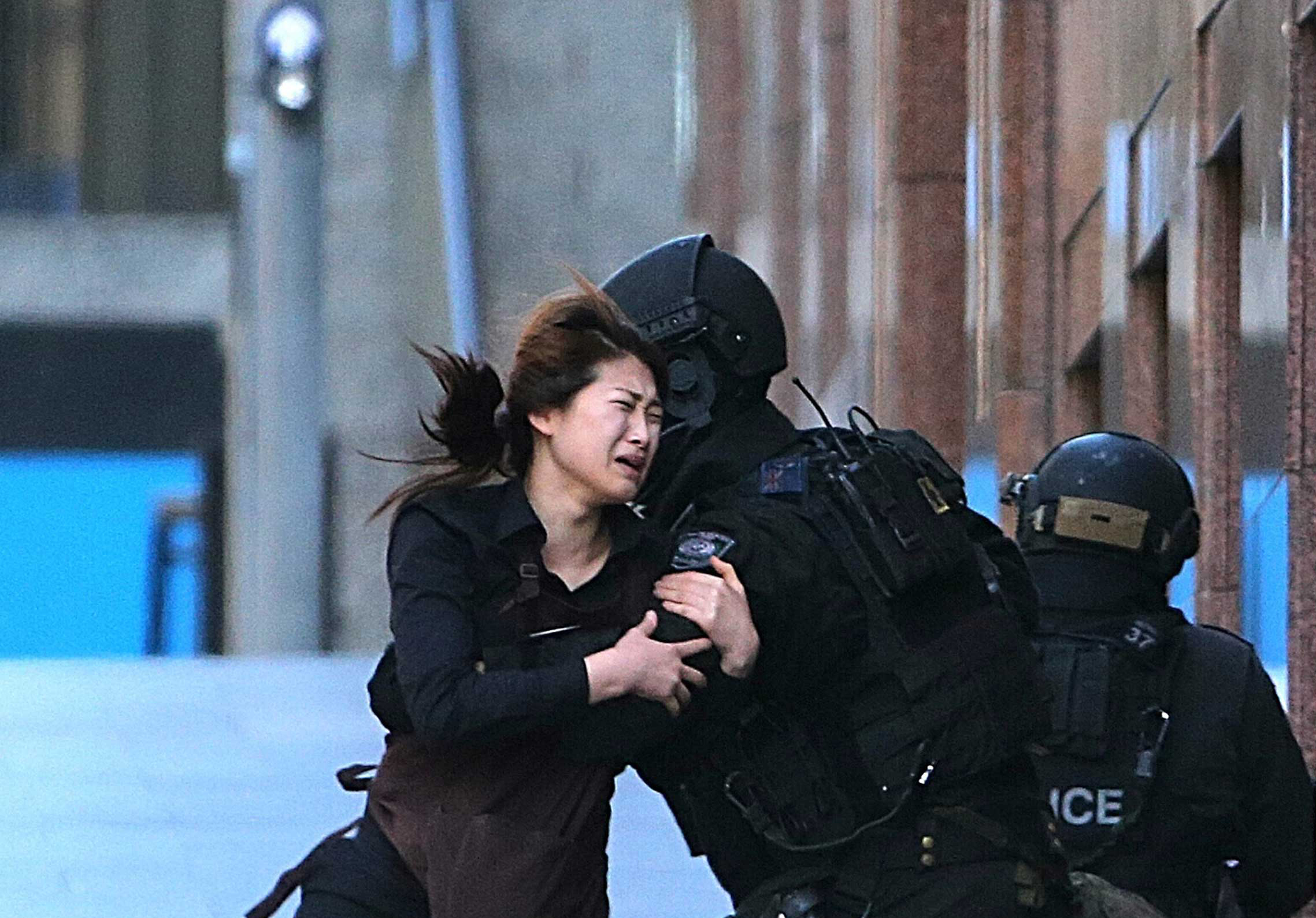
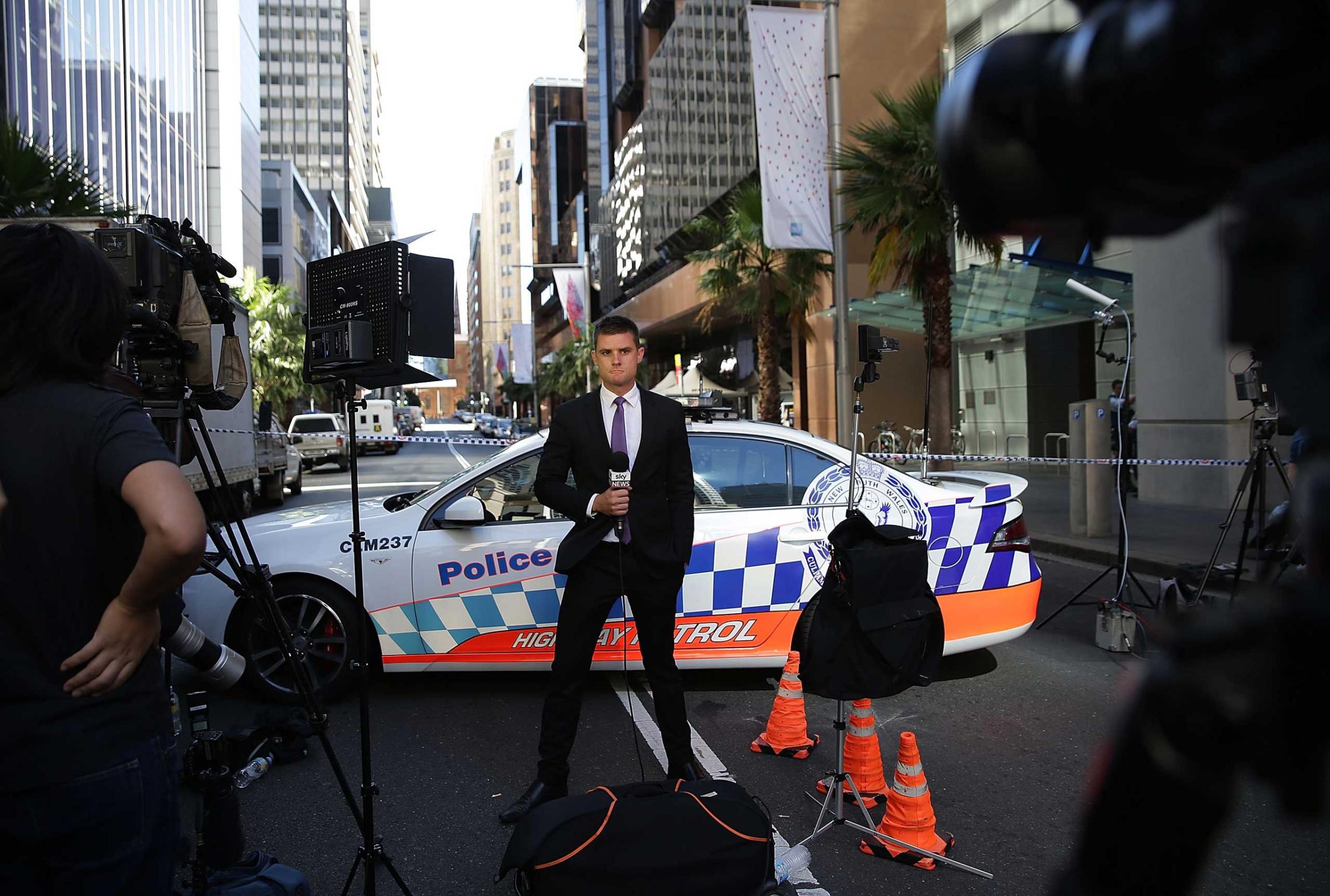
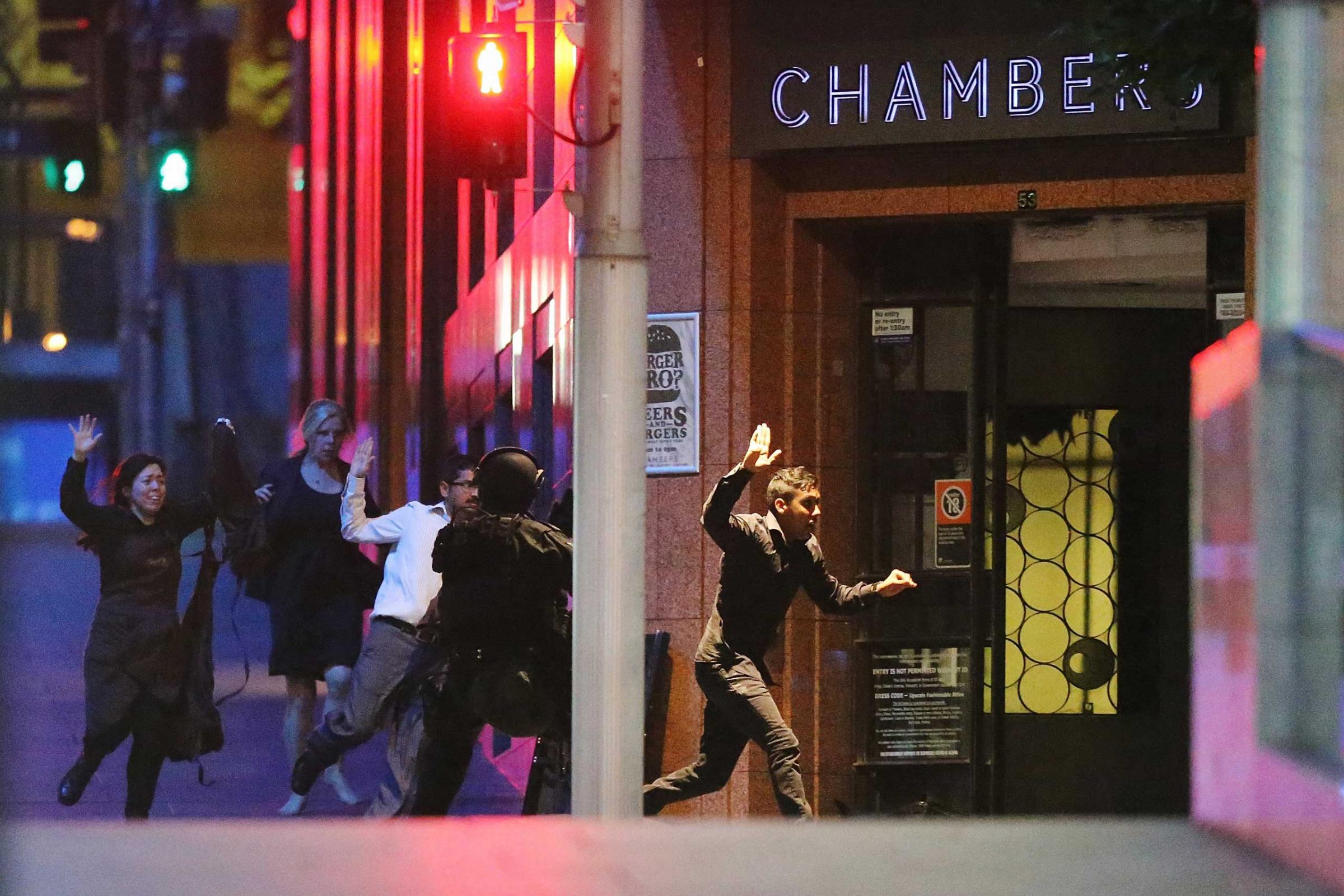
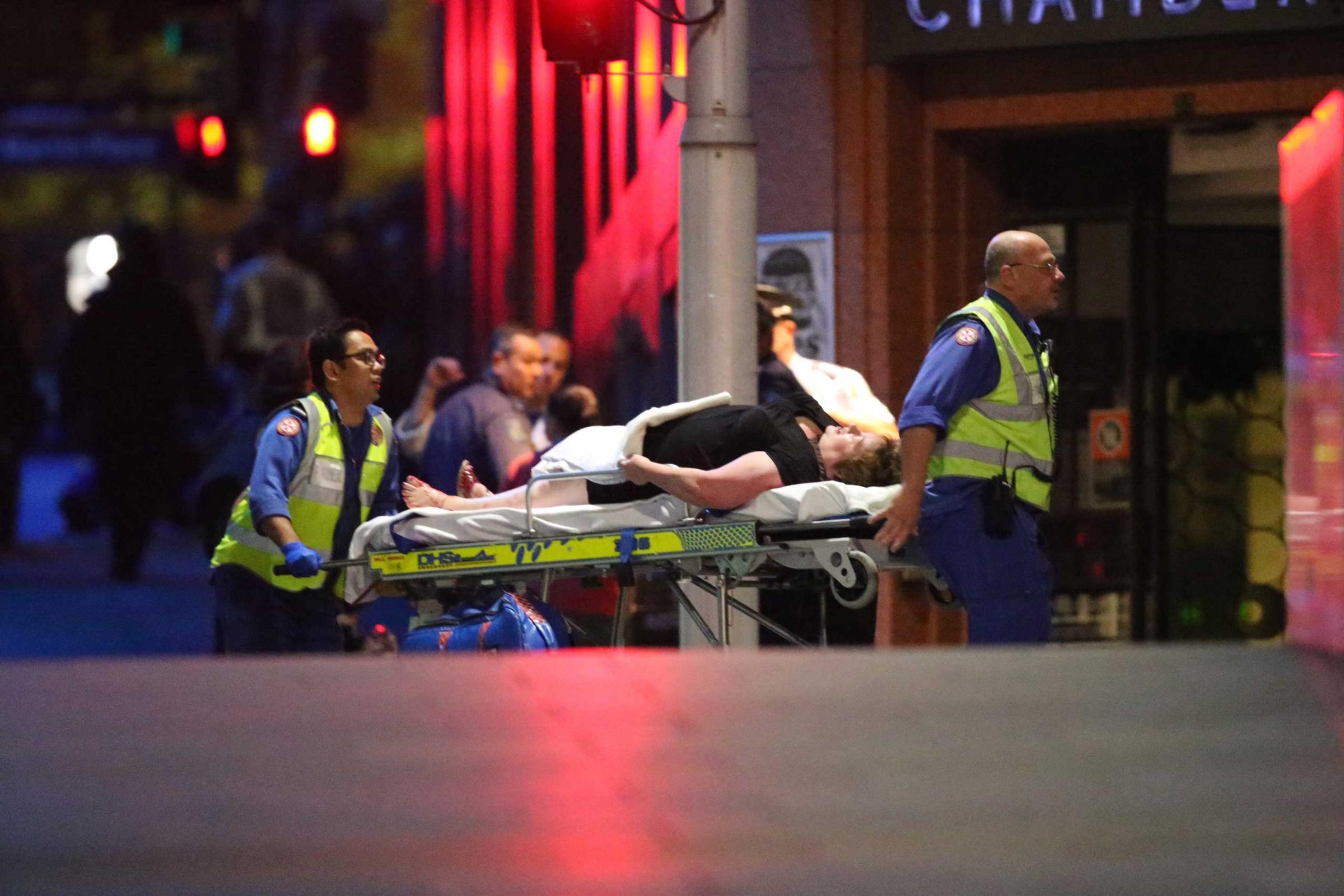
Williams sentiments were echoed by Keysar Trad, the founder of the Islamic Friendship Association of Australia and voice for Sydney’s Lebanese Muslim community: “I am hoping that all Australians will see this for what it is: the actions of a madman.”
Australia’s long-suffering asylum seekers, thousands of whom remain cruelly holed up in indefinite detention in offshore detention centers in third-world backwaters, may be fearing some backlash. Monis arrived in Australian in 1996 as a political exile. Abdul Numan Haider, a teenage terrorist suspect who was shot dead in Melbourne in September after attacking two police officers with a knife, arrived in Australia as a refugee with his parents a decade ago.
The Refugee Council of Australia (RCOA), however, has refused to entertain suggestions that the Australian government will clamp down even harder on refugees. “I don’t think there is any point speculating,” an RCOA spokesperson tells TIME. “It’s not something we are talking about.”
Greg Barton of the Global Terrorism Research Centre also talks the idea down. “I don’t think it makes sense to relate this event to Australia’s migration policy, except to say that people coming from troubled backgrounds are vulnerable to further trouble themselves. We need to reach out to them more and engage with them rather than simply seizing their passports,” he says of the dozens of Australian Muslims who’ve had their travel documents seized over fears they intend to join the 150-odd Australian jihadists fighting in Syria and Iraq.
Monis may have sympathized with those fighters and he may have been inspired by them to a degree. But trying to make sense of a lunatic killer described by his own lawyer as “damaged goods” is an exercise in futility. He could just as easily have cloaked himself in the guise of any number of radical causes to help generate media coverage.
In that sense, Monis has not changed Australia forever but the opposite: he has brought out what was always there. Take a look at the #IllRideWithYou social-media hashtag, used to express solidarity with Australians Muslims fearing the scapegoating and bigotry that invariably follows events like this. In that gesture of support is the spontaneous generosity and the tolerance and the ready compassion that is forever Australian.
More Must-Reads from TIME
- Donald Trump Is TIME's 2024 Person of the Year
- Why We Chose Trump as Person of the Year
- Is Intermittent Fasting Good or Bad for You?
- The 100 Must-Read Books of 2024
- The 20 Best Christmas TV Episodes
- Column: If Optimism Feels Ridiculous Now, Try Hope
- The Future of Climate Action Is Trade Policy
- Merle Bombardieri Is Helping People Make the Baby Decision
Contact us at letters@time.com